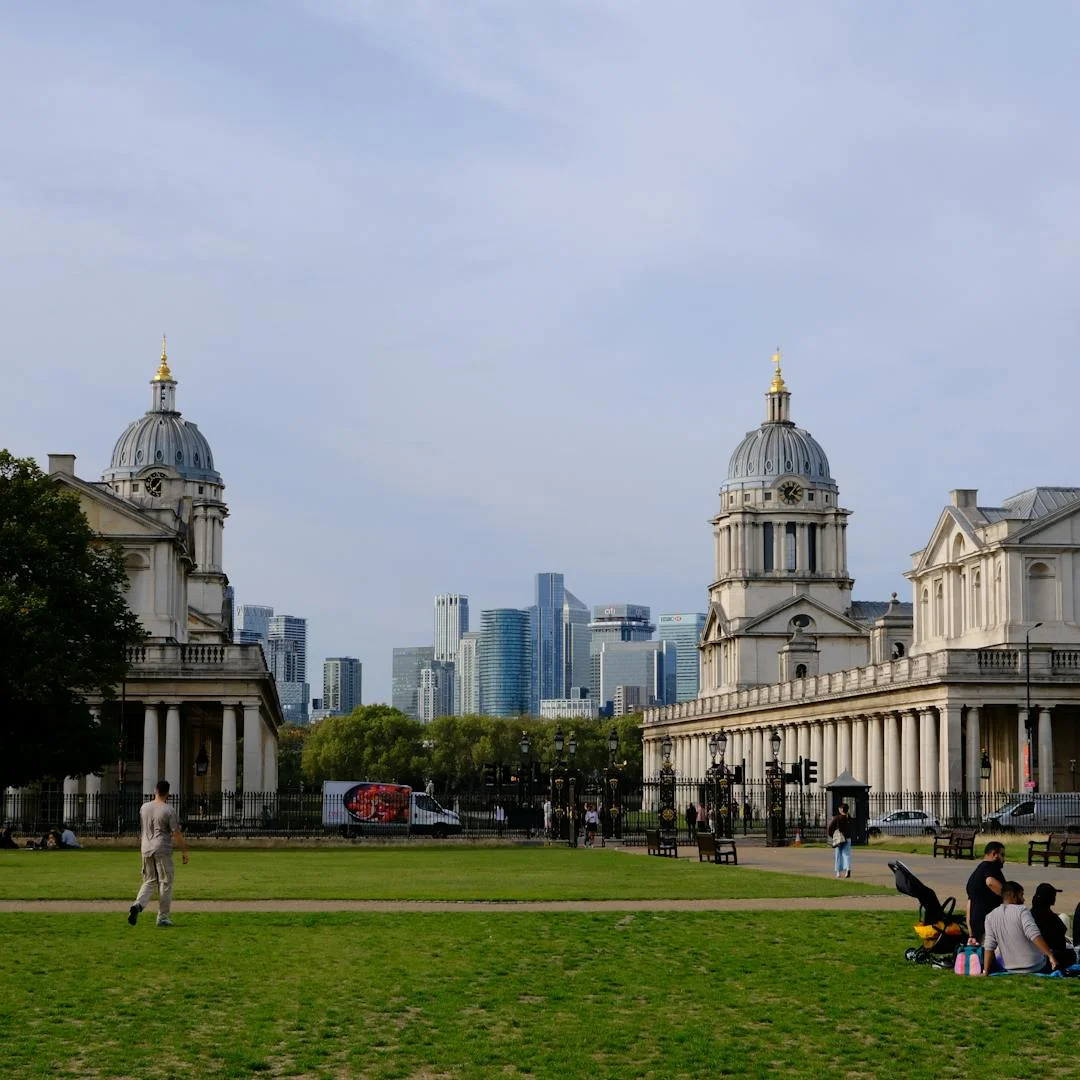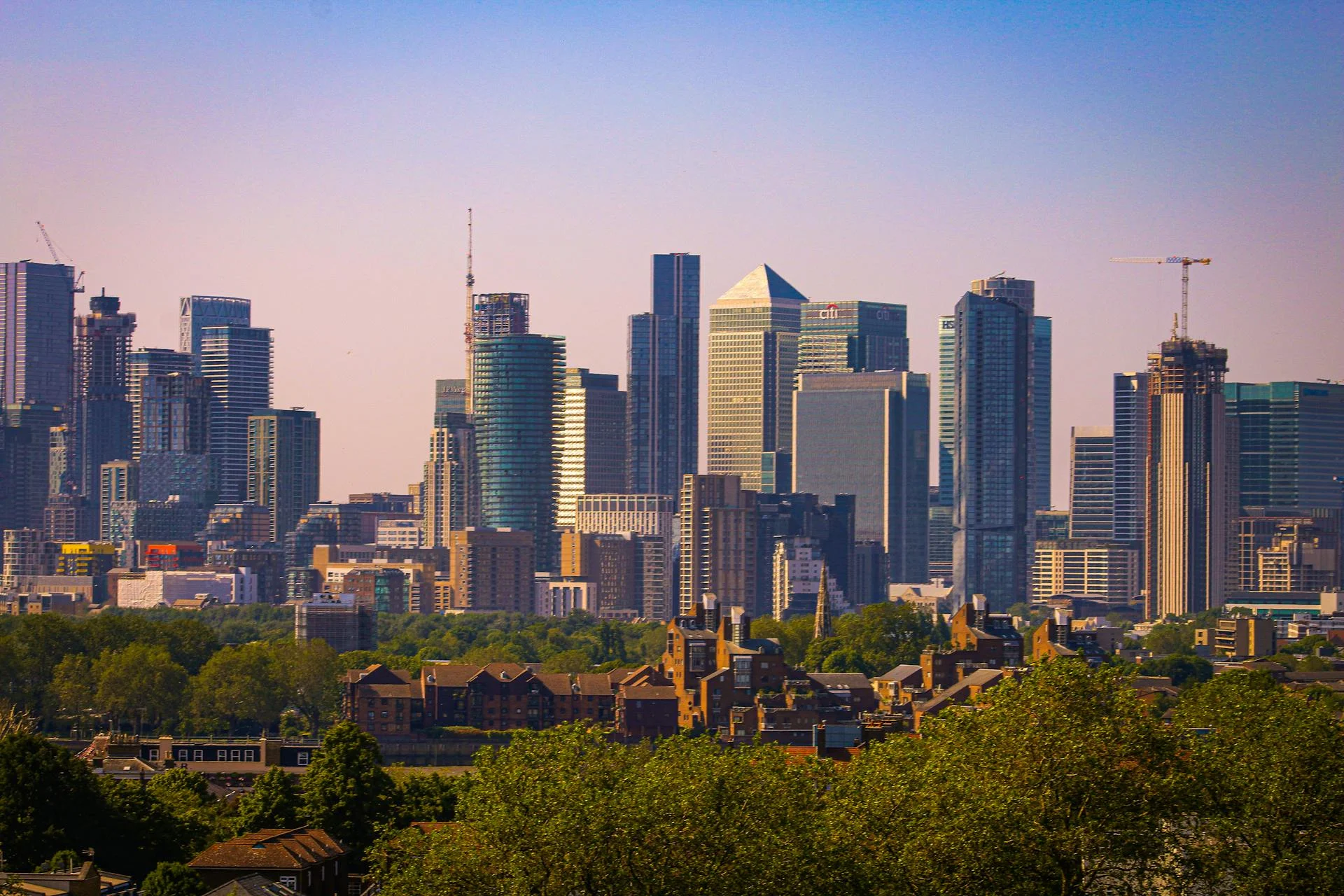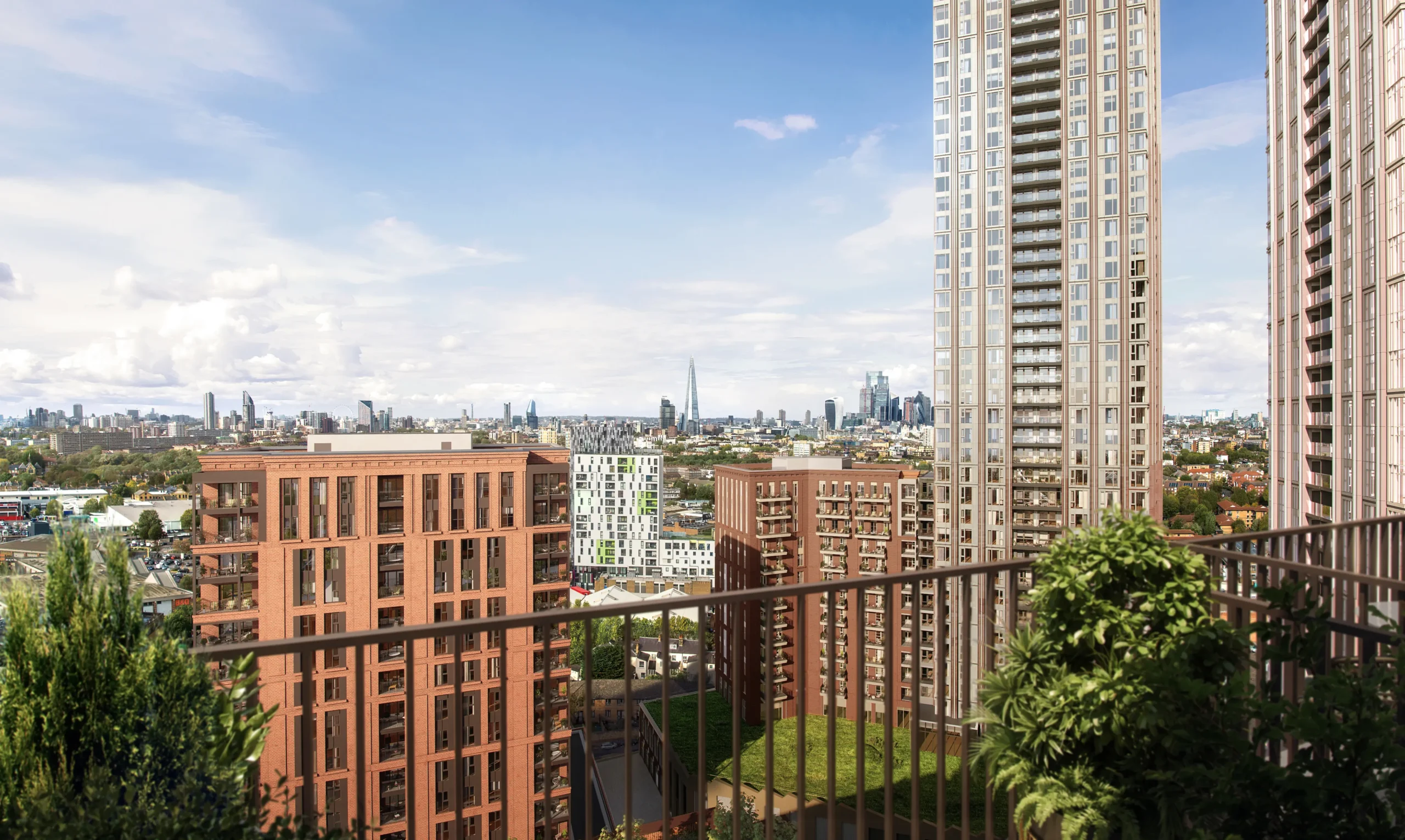London Property Outlook: Why the Market Is Losing Its Shine
London property outlook shows the city losing its shine, as investors face weak growth, rising costs, and growing uncertainty. Analysis from wealth management firm Rathbones has revealed that between 2016 and 2024, average residential values in the capital grew by just 1.3% per year. When compared with the UK’s 3.8% annual inflation rate, this growth barely scratches the surface.
The underwhelming performance stretches across several high-profile boroughs. Kensington and Chelsea, Westminster, Wandsworth, Lambeth, and Tower Hamlets each recorded growth of less than 0.5% annually. Southwark even experienced a 2% decline.
Outer London offered little consolation. Bexley, the strongest performer among the outer boroughs, saw annual growth of 2.8%. While positive, this is still far below the pace set between 1995 and 2016, when outer boroughs routinely posted much stronger returns.
In stark contrast, an equivalent portfolio of UK and global equities returned an average of 7.2% annually over the same period.
London Property Outlook: Why Landlords Are Selling Up
 The data arrives at a time when many buy-to-let landlords are already under pressure. Rising mortgage costs, stamp duty surcharges, and ongoing tax changes have squeezed margins. The looming Renters’ Rights Bill adds further uncertainty, as stricter tenant protections could reduce flexibility and profitability for landlords.
The data arrives at a time when many buy-to-let landlords are already under pressure. Rising mortgage costs, stamp duty surcharges, and ongoing tax changes have squeezed margins. The looming Renters’ Rights Bill adds further uncertainty, as stricter tenant protections could reduce flexibility and profitability for landlords.
Charlie Newsome, divisional director at Rathbones, described the situation plainly:
“Many buy-to-let and additional rental properties, where yields were already razor-thin, have now become unviable as businesses. Higher interest rates and tighter regulation, combined with flatlining property values, have prompted several of our clients to exit the market. Many are redirecting funds into long-term strategies such as inheritance tax planning.”
This trend suggests a growing shift in investor behaviour. Rather than relying on property for steady returns, landlords are increasingly looking to diversify into alternative assets.
The End of the Boom Years
The slowdown stands in sharp contrast to the golden era of 1995 to 2016, when London’s housing market consistently outperformed the rest of the UK. During that time, average prices rose by an impressive 9.1% each year. Boroughs such as Hackney, Southwark, Lambeth, and Westminster became investment hotspots, often recording double-digit annual growth.
But the environment that supported this surge has since faded. Low interest rates, looser lending criteria, and limited housing supply once provided fertile ground for rapid appreciation. Today, these factors have shifted, leaving behind a market that appears increasingly fragile.
Rebecca Williams, Rathbones’ divisional lead for financial planning, emphasised the stark difference:
“London was once the unrivalled hub for property investment, but that chapter is closed. The conditions that fuelled extraordinary price growth no longer exist. Many of our clients with substantial portfolios are now choosing to disinvest, especially given speculation that a new property tax could soon be introduced.”
London Property Outlook: Fears of a New Levy
The possibility of a fresh levy on rental income has stirred unease across the landlord community. Proposals being discussed include applying national insurance contributions to property income, which would significantly erode net yields.
For many investors, such a move could mark the breaking point. As Williams noted, “If this tax comes to pass, it may be the final nail in the coffin for London property as a viable long-term investment.”
What This Means for the Market
 The combined pressures of weak growth, rising costs, and policy uncertainty are reshaping the London housing market. Investors who once viewed property as a near-guaranteed route to wealth are increasingly questioning whether the returns justify the risks.
The combined pressures of weak growth, rising costs, and policy uncertainty are reshaping the London housing market. Investors who once viewed property as a near-guaranteed route to wealth are increasingly questioning whether the returns justify the risks.
Those who remain may adopt new strategies – such as focusing on smaller, more affordable units or targeting areas with strong rental demand. Yet for many, the numbers no longer add up.
For prospective buyers, however, the slowdown could present opportunities. With fewer landlords competing for stock, some areas may become more affordable for first-time buyers and families.
London Property Outlook: Looking Ahead
London’s property market is entering a new chapter. While its global reputation as a financial and cultural capital remains intact, the era of double-digit price gains is firmly behind it. Investors are recalibrating, landlords are selling, and policymakers are weighing reforms that could further alter the landscape.
For seasoned landlords and newcomers alike, the message is clear: property in London is no longer the untouchable asset it once was. The future will demand careful strategy, diversified portfolios, and a willingness to adapt to an evolving market.











